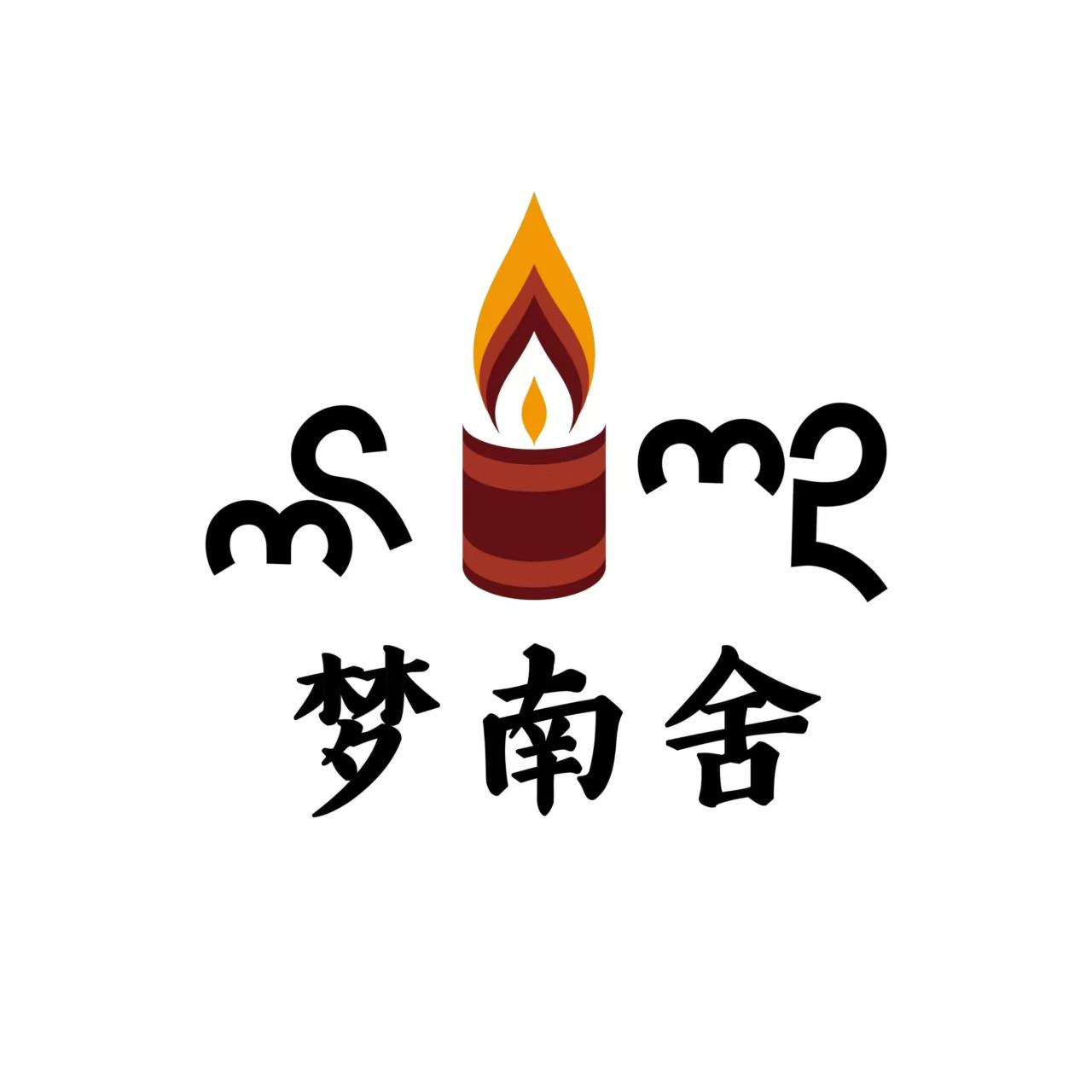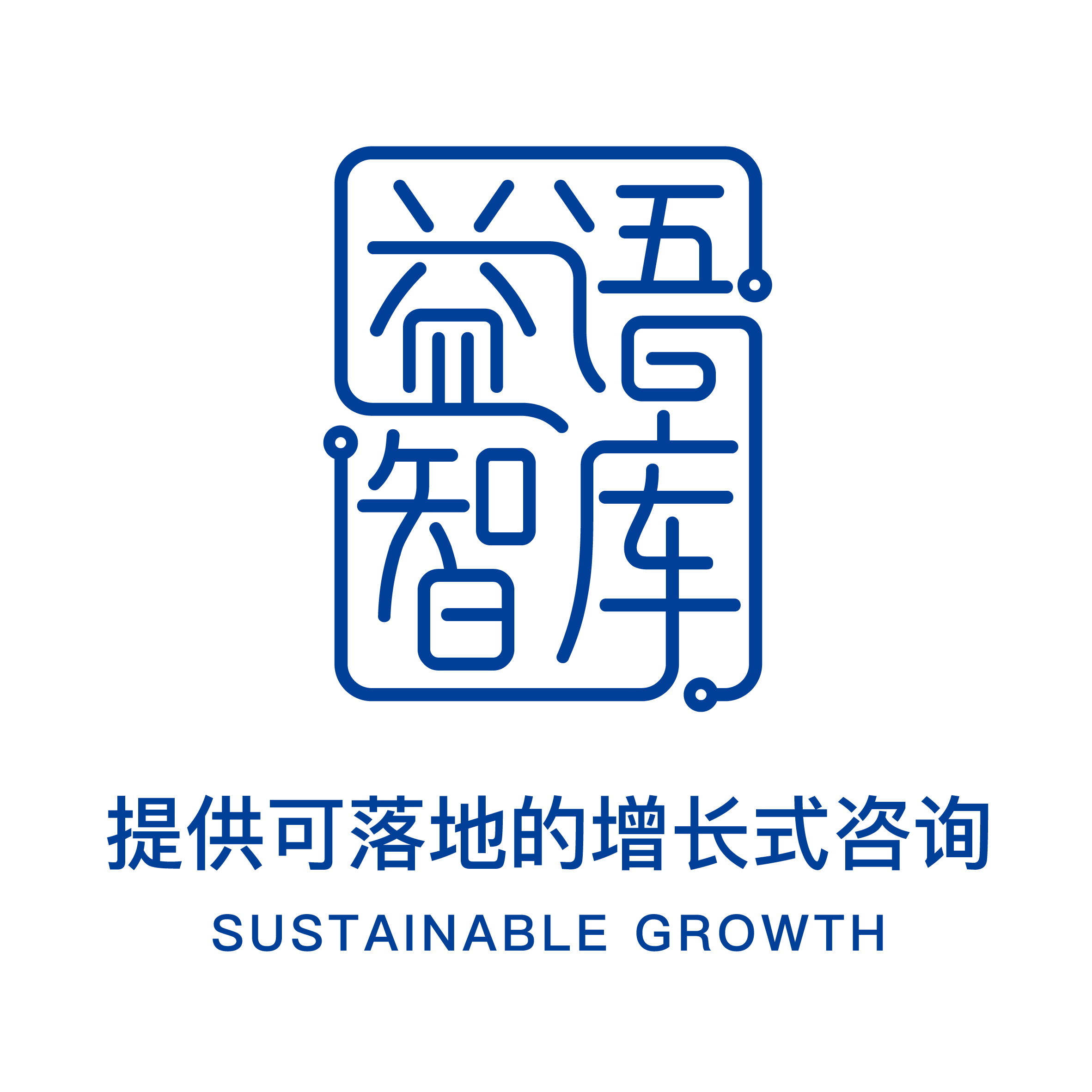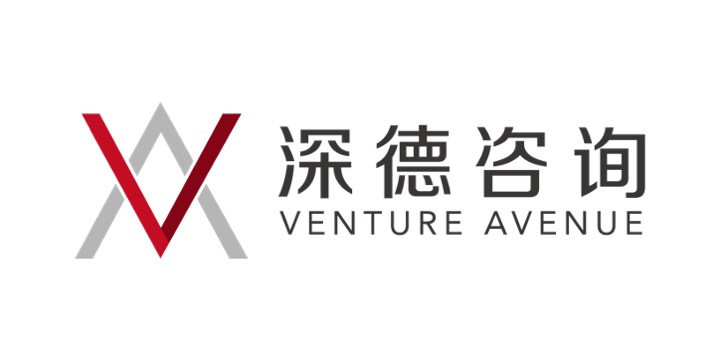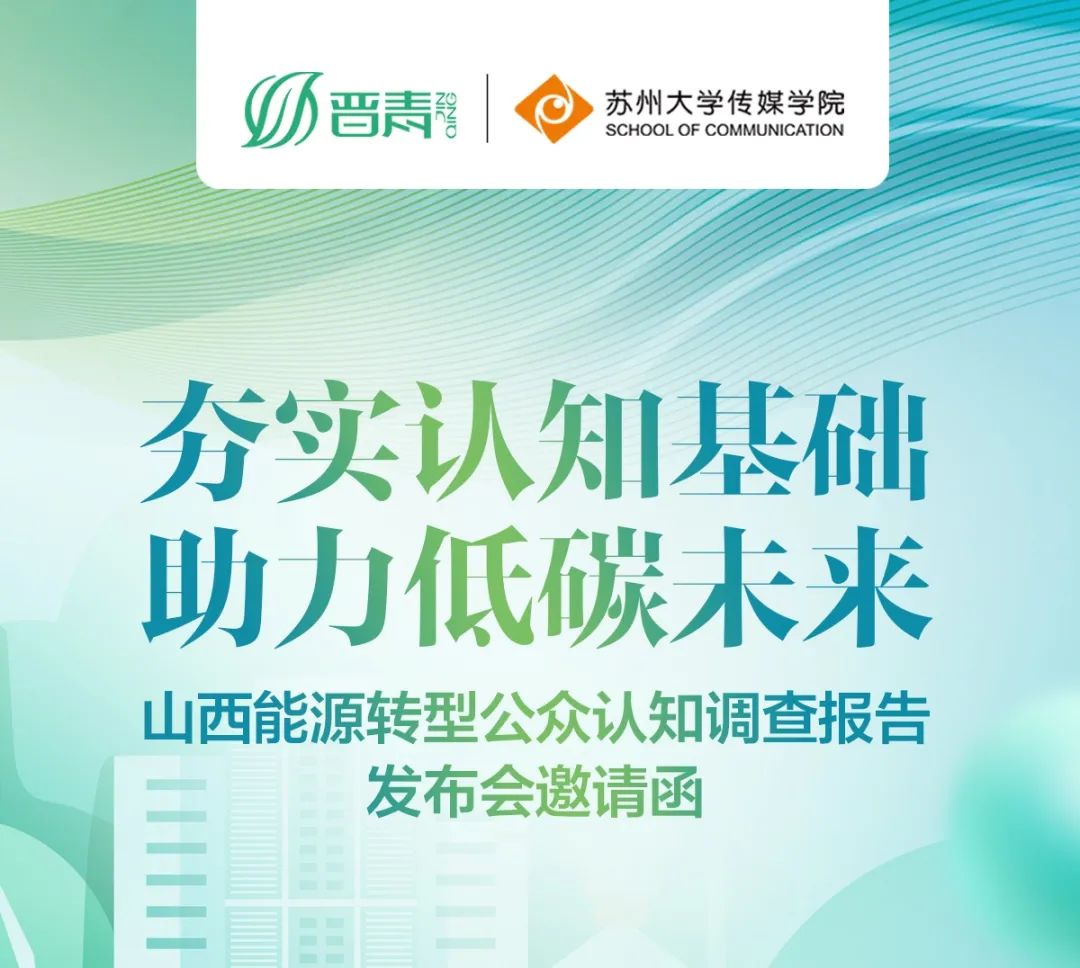 2018-03-07
2018-03-07
 350
3501. Introduction to Plan international in China
Plan International is an international humanitarian organization featuring non-religion, non-politics, non-government, non-profit. It is dedicated to a constant improvement of impoverished children from developing country. During this process, Plan International along with government of all levels have been cooperating to equip the improvement of quality of children’s life with deeper and richer sense and implications.
Plan International have phased China since 1995, conducting cooperation with government of all levels on children protection, health, education, livelihood, the condition of water and environment and risk management of disasters. Plan International INC. Shaanxi Representative Office officially registered in the Department of Public Security of Shaanxi Province on the 30th June, 2017. Currently, the project is conducted in Shaanxi province, Ningxia Hui Autonomous Region, Beijing, Anhui Province, Jiangxi Province, Hunan Province, Sichuan Province and Qinghai province.
2. Background and intended change of the project
Children protection constitutes a pivotal project, the goal of which is to promote a sound development of children especially girl children the vulnerable group in poverty-stricken place. To realize this goal, the Plan International have been seeking the support from Plan International Germany Office and Schwarzkopf since June, 2016, specifically on girls’ empowerment project in Shaanxi Province aiming to advance learning and living environment of seven boarding schools in the countryside regarding the Shaanxi Province Project Area. The project is conducted in order to raise awareness of gender and children protection regarding teachers, parents, children, and any benefit-related groups and secure a safe environment for children at school. The project has been on for two years and the plans have been completed.
3. Reason to evaluate the project
Plan International aims to seek external evaluation team for the assessment of this project and look to the results of the project has achieved, to provide assessment report for fundraiser and the group related and seek suggestions on project experience promotion.
4. Evaluation Requirements
4.1 Evaluation Time: June, 2018
4.2 Evaluation Location: Seven Schools in Pucheng County, Jia County and Chunhua County in Shaanxi Project Area
4.3 The Purpose of Evaluation
According the logic frame, project report regarding basic analysis, generate a final evaluation and finalize a report.
Based on the outcome of research, suggestions are required regarding the expansion of the project’s implication and the creation of supportive environment
4.4 The Goal of the Project:
Overall objective: To realise children's rights (girls in particular) to development, protection and participation through creating an enabling living and learning environment.
Specific Objectives:
The project will contribute to raise awareness of child protection and gender issues among parents, teachers and other relevant stakeholders in schools and communities and to improve sanitation facilities to better meet children especially girl’s' hygiene needs.
The project will cultivate the awareness and capacity of children including girls to involve in self-protection and participation and to enhance children' life skills to enable them to be better prepared for their upcoming adolescence.
4.5 Key questions to be answered by the evaluators
To fulfill the goal and objectives listed above, the assessment group will consult concerning the following questions
-Have the activities be completed in the project on time?
-Have the general and specific goals be realized?
-The number of teachers who are trained regarding children protection.
-How about the condition of using hygiene facilities and what is the number of those facilities for schools’ in project improvement, children’s satisfaction especially girls’.
-The number and proportion of teachers’ who accept children’s skills to manage life; the teachers who can apply what they have trained to life and please specify the number and proportion; what is their experience and lesson?
-The number of teachers, children and parents who have accept the training regarding self-protection of children.
-The number of teachers who are trained regarding social gender awareness, sex, and reproductive health; what are the effects on training?
-The number of children who accept the training of social gender awareness, reproductive health; what are the effects on the training? The proportion of children whose awareness and skills have been promoted.
-The number of groups for children regarding schools in project; how the process in each group is; the proportion that show their attendance during the process.
-By attending children groups, is there any improvement that can be observed from children’s, especially girls’ capability in changing and influencing their life.
4.6 Standard questions to be considered:
In addition to objectives and key questions specific to the project under evaluation, the evaluators will also report on the following standard questions. The evaluators should address these questions as an integrated part of the evaluation i.e. they should be considered as aspects that influence project and should not seen as an extra, separate exercise
|
AREA OF INVESTIGATION |
KEY QUESTIONS |
|
Relevance
Are we doing the right things? |
To what extent is the project aligned with the Convention on the Rights of the Child (CRC), the Convention on the Elimination of all Forms of Discrimination Against Women (CEDAW), and government policy and programme priorities, particularly the National Programmes of Action for Children (2011-2020) and the National Programme of Action for Women (2011-2020). If not aligned, what is the justification?
To what extent is the project aligned with the global and regional policies and priorities of Plan – in particular the commitments to promote the rights of marginalized children and to develop child protection as an area of expertise?
To what extent do the project respond to the issues experienced and expressed by children from poor rural communities, including those who are marginalized? |
|
Effectiveness
Are we doing the right thing well? |
How effective are we being at applying the principles and strategies of Child Centred Community Development, as expressed in CSP III and country programmes, to project activities?
|
|
Efficiency
Are we getting the most results for our inputs? |
Is the project being effectively aligned to promote the rights of marginalized children?
To what extent is the time taken on developing and working in partnerships and alliances being effective in improving long-term positive outcomes for children?
|
|
Sustainability and Impact
Will our legacy continue after we depart?
|
What changes in attitudes, behavior and capacity among children, young people, families and communities are likely to contribute to the sustainability of positive results in Plan China working areas?
To what extent are we building the capacity of government and civil society partners to ensure the sustainability of activities and outcomes?
To what extent have we been successful in advocating for changes in provincial and county government policies and practices to ensure long-term benefits to rights-holders?
|
5. Evaluation Approaches
Evaluation team and staff of Plan International will work together to develop appropriate ways for research. The evaluation will be conducted with a combination of qualitative and quantitative approaches. To collect data, questionnaires and spot surveys will be carried. Suggestions will be collected from groups related via approaches characteristic of participation, including deep interview, interviews from key insiders, interviews conducted regarding key groups, the review of observation and paper works.
The target for questionnaires is children in the schools of the project and every school will be sent 100 copies (Male: Female=30:70),700 copies in total.
The data collection process is related to seven schools in three counties of the project regarding teachers, parents, children, the staff of Plan International and related staff of Bureau of Education of county level.
Semi-structured Individual and Group Interview, about 40-50 interviewees.
-Five Officers of Plan International (including the staff in charge of the county project)
-Two to three leaders of Bureau of Education and staff responsible for the project
-Seven staff in charge of the schools of the project.
-The teacher delegates from seven schools (ten to fifteen per school including headmaster)
-Eighteen to twenty parents (one school per project county)
Evaluation team will design evaluation and work plans in details, which requires approval from Plan International. The evaluation team need heed to the items that are related to the values of Plan International, such as, children protection, children participation, gender equality, non-discrimination and the vulnerable group.
When all work is done, the assessment team should submit evaluation report to Plan International, including questionnaire and recording of interviews
6. The Outcome of Evaluation
-Final version of the last stage evaluation report, including survey plans, questionnaire and conversation plans
-The original copy of questionnaire
-Complete and clear table(e-version)
-Propose a brief statement for Plan International
-Submit an English version report, including the collection of data and questions and related feedbacks in process of survey.
The main report cannot exceed forty pages; the requirement of the report
-General introduction:2-3 pages, including background information, the goals of analysis, approaches and limits, mains findings, suggestions
-The goal of analysis and the applicable scope of the report
-Approaches of analysis and limits
-The Description of Analysis
-Main findings
-Conclusion and suggestions
-Appendix and References
-Qualitative data on overall project impact (e.g. if the behavioral habits changed)
Intellectual property right to all files and reports generated during evaluation process belongs to Plan International. The assessment team should submit both e-version and paper version of all files; it is prohibited for assessment team to use the report for any other reasons. If it is necessary, it should require an agreement from Plan International for authorization beforehand
Intended users and audiences of the research: The primary audiences of this evaluation report are project donor, Plan staff at NO, CO and PU and interested government agencies in China. However, it is expected that youth/children groups, schools, communities, other NGOs, private sectors, and the likes will also benefit from the research findings.
7. The Time Structure of Evaluation
The Time arrangement of evaluation and submission time will be decided according to the assessment plans and requires an approval from Plan International. However, the deadline for submission report is 30th June, 2018.
The assessment service is navigated by evaluation team and Plan International Shaanxi Office is responsible for generally managing and coordinating the assessment. The staff of Plan International will examine and verify the first draft and provide necessary suggestion and support for the assessment team. The puncatual assessment work of high quality need close cooperation from bilateral parties.
|
The Description of Activity |
Time |
|
The Initial plan of evaluation |
Mid-March,2018 |
|
Reading References and Designing Assessment Tools |
Mid-to-late March,2018 |
|
Site Survey |
1st-20th June,2018 |
|
The Input of interview Recording |
25th June, 2018 |
|
The Analysis of Data and Draft Report in Chinese |
26th June, 2018 |
|
The submission of initial draft of report in Chinese to Plan International |
28th June, 2018 |
|
The feedback from Plan International of the initial draft |
30th June,2018 |
|
Editing Report, finalizing report and submitting the final version of both English and Chinese version |
30th June,2018 |
8. Children Protection Obligations of Plan International
As a community-developed organization targeting children, Plan International’s work is consistent with The Convention on the Rights of the Child. Plan international is devoted to ensuring the realization of the rights of children including the right of being protected. The team for consultation must obey the items of Children Protection Policy of Plan International and understand any violation against the policy can cause punishment. It is a must to sign the Children Protection Policy before fulfilling the contract.
The research plans from consultants need include related clarification, that is, they should obey the items of Children Protection of Plan International Plan no matter how they will conduct the evaluation. During this process, please assure safety, the non-discriminatory participation, confidentiality, non-public names of participants.
9. The Requirements for Evaluation Team
-Consult Company/ Research Organization/Individual: Children protection, gender equality and health (at least five years); the leader of the team should be equipped with gender awareness and conduct spot analyses of schools, qualitative and quantitative analyses, data analyses and experienced in generating reports; the ones who have experience in children protection and health are prioritized for the application.
-Be much experienced in household survey regarding knowledge, attitude of capability and practice; adopt qualitative and quantitative tools and approaches.
-Be skilled in statistical tools: STATA, SPSS, CSPro, SAS,etc.
-Be good at manage communication skills and use simple language to explain complicated questions and concepts.
-Master and use Chinese and English (oral English and translating); the one who can speak local language can be prioritized.
Application Requirement
-The Introduction to Organization and Individual (main participants)
Analysis Plans (Chinese & English Version), work plans and budget
-The Expiring Date For Bidding: 10th April, 2018
Bidding Contact
Please send the bidding paper to the following contact and address
Contact: Cheng Ying
Address: Plan International Office, 7th Floor, Qindian International Building, Nan Erhuan, Xi’an.
TEL: 18049333533
 表情
表情
 最热
最热


















